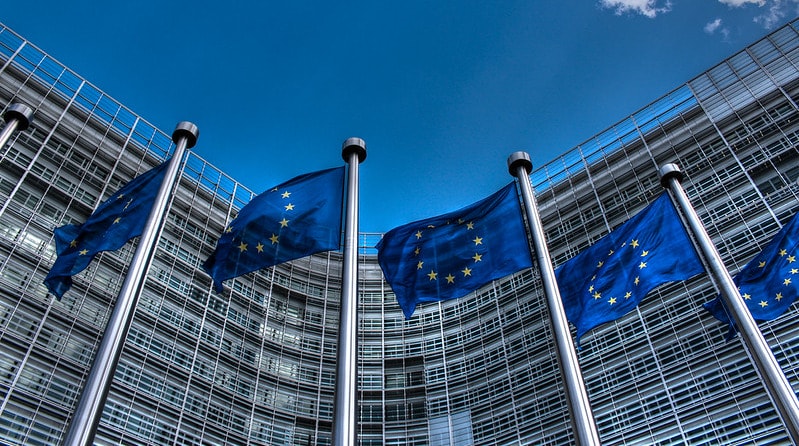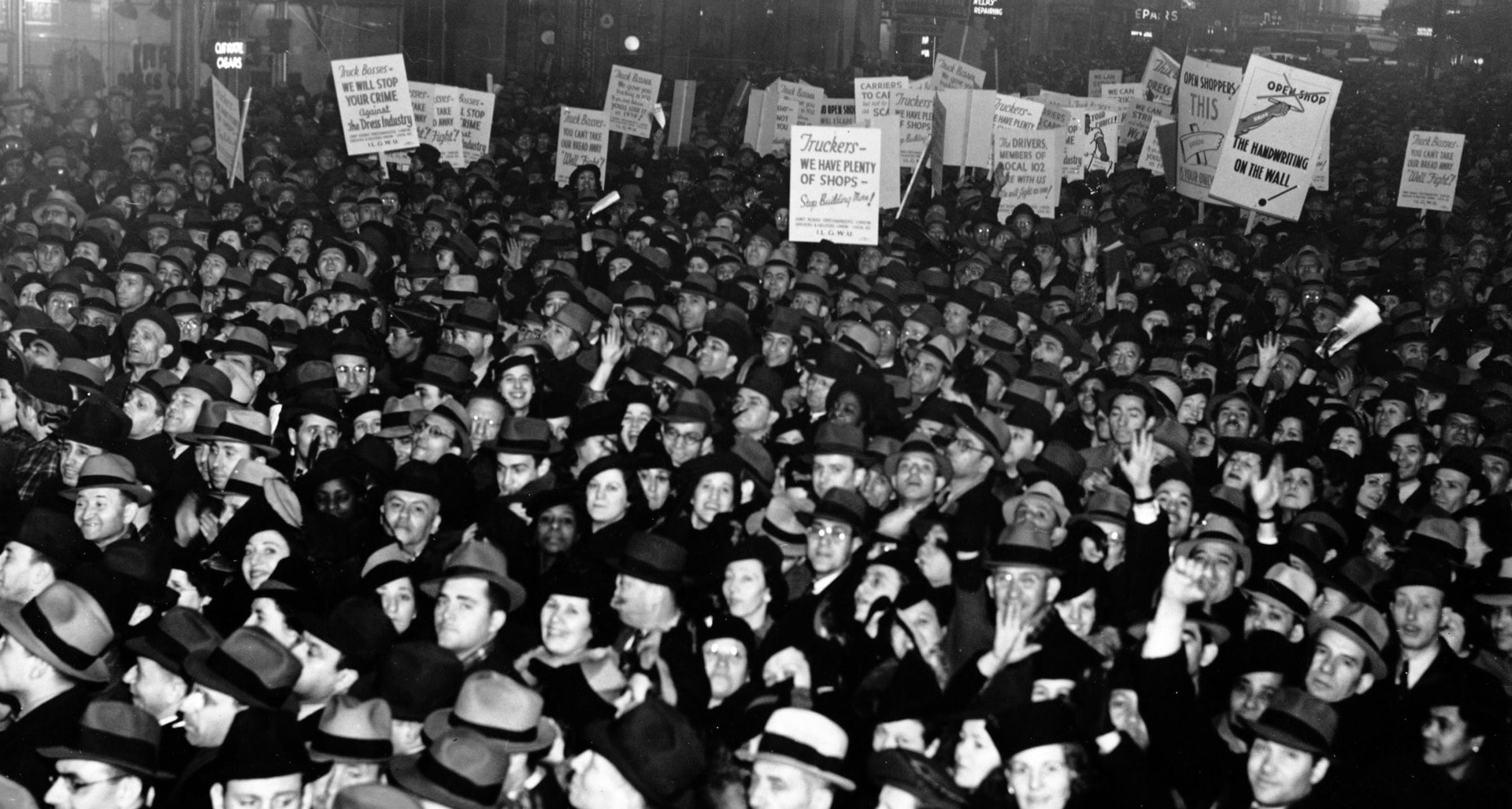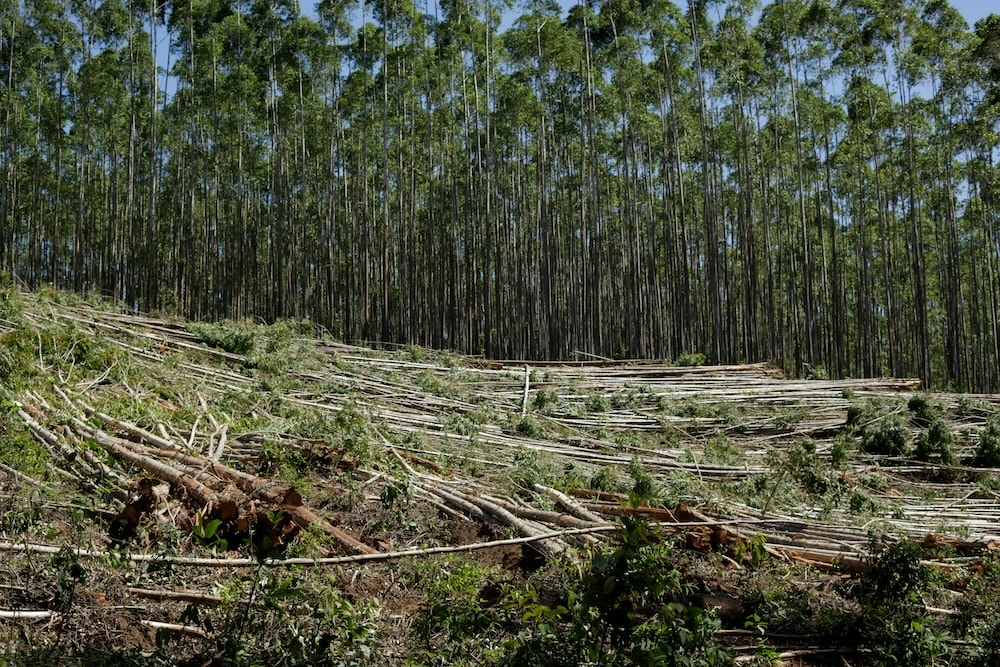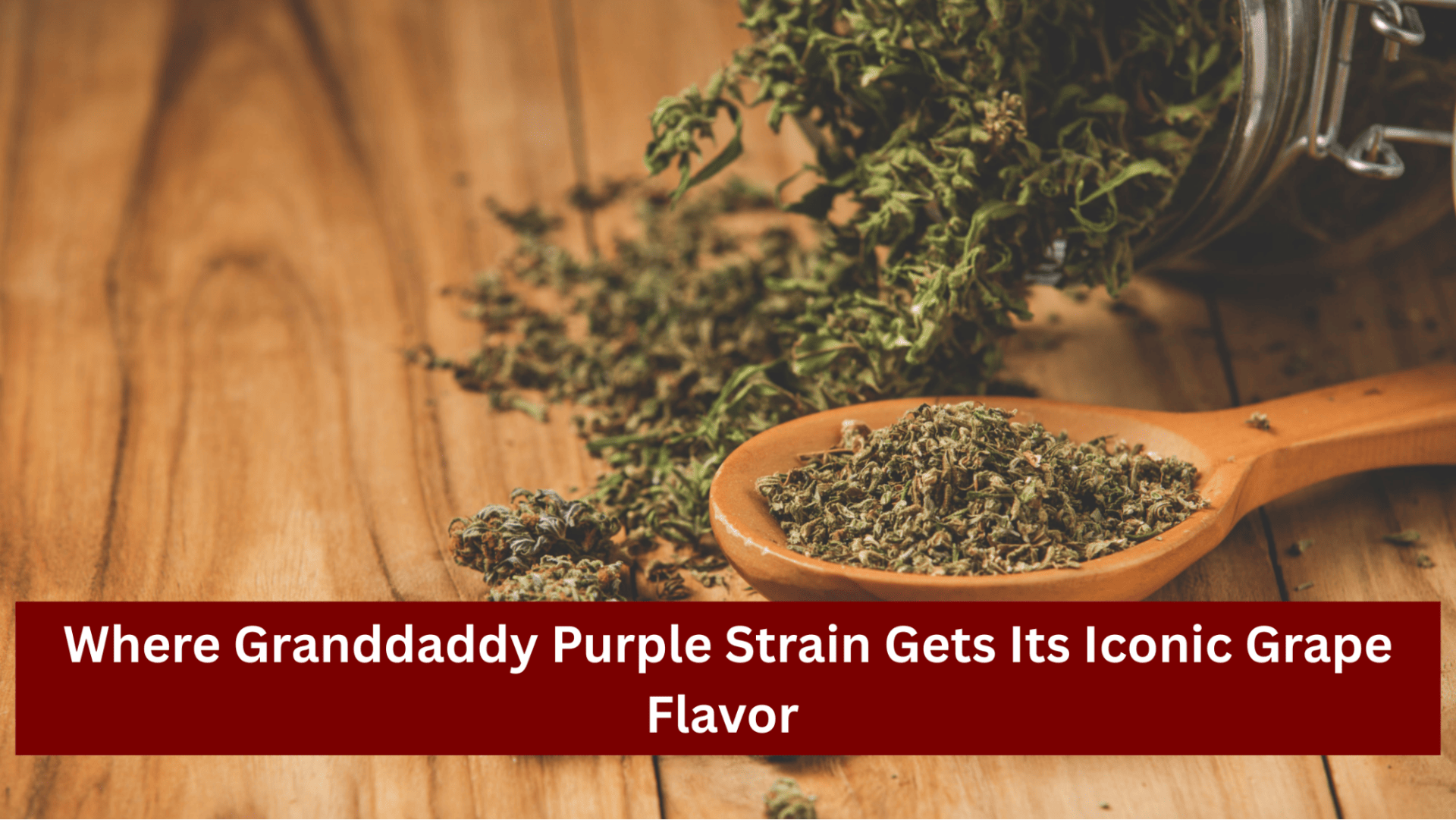Start-ups have long been the lifeblood of trade, and this has never been truer than it is today. From the small tech start-ups almost 50 years ago that now make up Silicon Valley, to services such as Uber, founded less than a decade ago but already generating a revenue of more than $11bn. In order to compete with the established retail environment, start-ups live and die by how they innovate and differentiate.
The infancy of a business, often defined as its first five to ten years of trading, draws certain parallels to the early-year development of a child. It is the time where the brand’s ideals, goals, and behaviours are established. These ultimately become inseparable from the brand, guiding the business as it grows and develops and is true of both service and product-led start-ups.
Core Changes
Over the last few years, the fundamental paradigm of retail has changed and adapted to reflect the changing demographics. In much the same way that sales and marketing moved from its purely logical origins to an emotional premise in the late 1960s, the retailer-buyer dynamic is shifting once again, marking the next major change in the history of commerce.
The trigger has been the millennial demographic. Also known as Generation Y, they are moving into their prime spending years and bringing a dramatic change in purchase behaviour with them. New businesses that have been able to capitalise on these changes have taken the fight to established brands that have been slow to react. The key to the change lies in buyer behaviour. Consumers put greater equity behind brands that display core values that align with their own. The crux is that products and services today must meet new heights of sustainability and practicality so they remain in front of mind and a preferred choice.
Packaging as an Asset
Responsible packaging turns mere logistical necessity into a discernible advantage that meets the ethical needs of today’s consumer market, spurred on by collective conscience and media coverage. The impact of media influence has made the climate conversation louder and more pertinent than ever before, even giving rise to the term “the Blue Planet effect.” For start-up businesses in their infancy, being able to capture this zeitgeist brings bottom-line value. Notably, a recent Nielsen study found that 75% of millennials polled were happy to pay more for a product with ethical packaging credentials, which shows the inherent value of an eco-friendly strategy.

The sustainable demands of the market have led many to consider how they are packaging their goods far earlier in the design process than they would have previously because packaging is now woven into the core experience of a product’s design. Many start-ups today tend to be orchestrated by younger entrepreneurs fulfilling a need, who intrinsically understand the requirements of this demographic by virtue of being a part of it. In practice, this is evident in the growing number of start-up businesses that inject sustainability into their packaging and harness it as not only part of the wider brand experience but an equitable edge for their brand.
A Flexible Future
One of the most effective ways to ingrain sustainability into a new business during its infancy is to take advantage of a growing packaging format that blends performance with responsibility – flexible packaging. Flexible packaging is a fantastic tool that helps businesses weave sustainability into their fundamental brand experience. In its “The Future of Flexible Packaging” report, Smithers Pira predicts that the flexible packaging sector is set to reach a total global value of $283 billion by 2022, with a projected annual growth rate of 4.3%. In a retail environment that places such emphasis on sustainability, it is easy to see why.
Editor’s Pick – Related Articles:
 “Canadian B Corps Gather to Build a More Inclusive & Sustainable Economy”
“Canadian B Corps Gather to Build a More Inclusive & Sustainable Economy”
 “The Quest for Clean Water: Startups and Their Solutions”
“The Quest for Clean Water: Startups and Their Solutions”
Demonstrate and Differentiate
As more nations around the globe begin to move in the carbon-neutral direction of the Paris Agreement, the reduced carbon footprint afforded by flexible packaging makes it a very attractive proposition to new businesses. Recent studies by the Flexible Packaging Association demonstrated that one truckload of unfilled flexible pouches was equivalent to 26 truckloads of unfilled glass jars of the same product capacity.
Overall, flexible packaging uses significantly fewer resources and energy than many of its contemporary formats. While flexible packaging has historically been challenging to recycle in infrastructures that are not prepared for it, the substrate counters this by being more resource-efficient in the first instance, reducing landfill discard and extending the shelf life of its contents – bringing less waste to landfill disposal.
Packaging can also be a great differentiator, a way for products to stand out from the crowd, particularly during the early stages of business. Start-ups and brands in their early years need to be clear about their unique selling points (USPs) and values in order to stand out both on the shelves and in consumer mindset.
Younger businesses and start-ups have more opportunity than ever before to harmonise their tangibles with their ideals, displaying core brand ethos in the consumer’s hands. A great example is the UK-based snack manufacturer, Two Farmers. With ethical, honest production as a central value of the business, Two Farmers became the first brand in the world to offer a compostable pack for crisps.

This functionality was clearly communicated, and Two Farmers was able to leverage this to stand out in a crowded market. Parkside designed the solution using a multi-layer laminate created from wood pulp. The packaging both extended the shelf life of the product and allowed for a practical and convenient method of sustainable disposal. These values were made clear on the pack; the attribute noticeably displayed through written text and conveyed through the traditional, classic charm of the aesthetic design. The brand and its ethical values became very apparent, standing out and maximising its shelf appeal in a busy and competitive marketplace.

Eco-friendly packaging truly comes alive when it matches a business with ethical goals. Parkside helped confectionery manufacturer Nobó, founded in 2012, develop compostable packaging solutions during its early years that demonstrated their commitment to sustainable causes that forms the heart and soul of the business. As a younger brand, this helps to ingrain eco-friendly credentials into its core personality as an inherent ideal. In another example, with the assistance of Parkside, healthy snack start-up Wallaroo developed an attractive, sustainable pack matching bio-based materials with excellent moisture and oxygen barriers to offer responsible packaging that displays the brand’s strong ethical values.

In Summary
The key to start-ups and young businesses truly leveraging packaging as a competitive advantage lies in the core understanding that sustainability is not just a marketing buzzword or a passing trend. It is the future of retail and an important influencer in the purchase decision process.
To survive, new businesses must commit to weaving sustainability into their brand values and ideals. In the age of digital media where good news is finally beginning to travel as quickly as bad, brands that encapsulate the core eco-friendly requirements of today’s more conscious consumers are maximizing their selling opportunities. The brands that will truly excel are the ones that intuitively build this directly into their strategy, beginning at the very early stages of product development.













